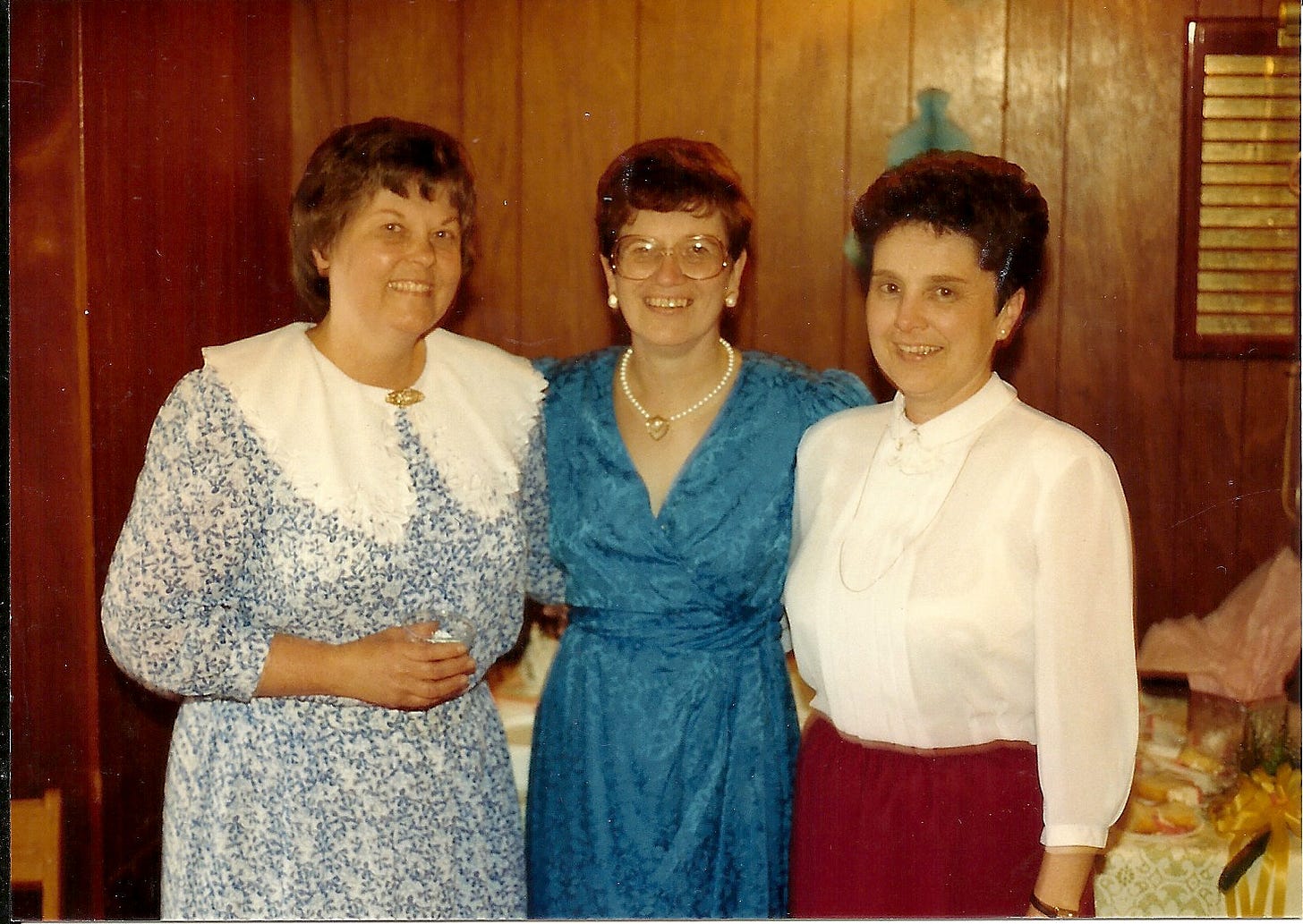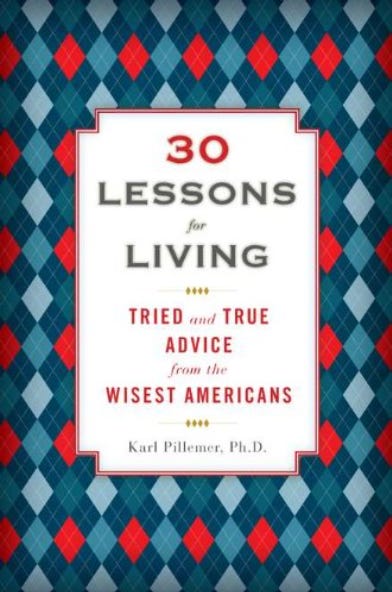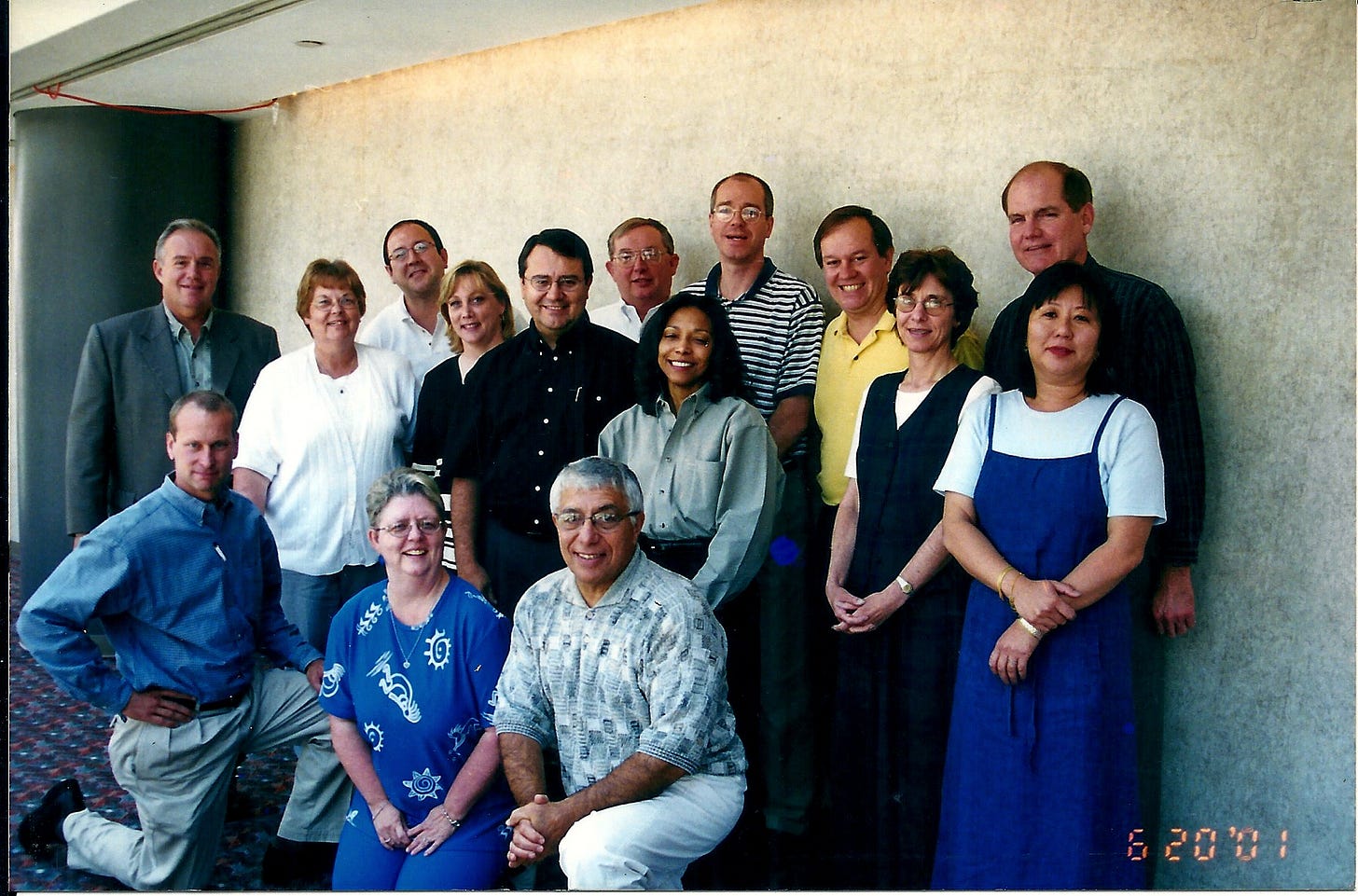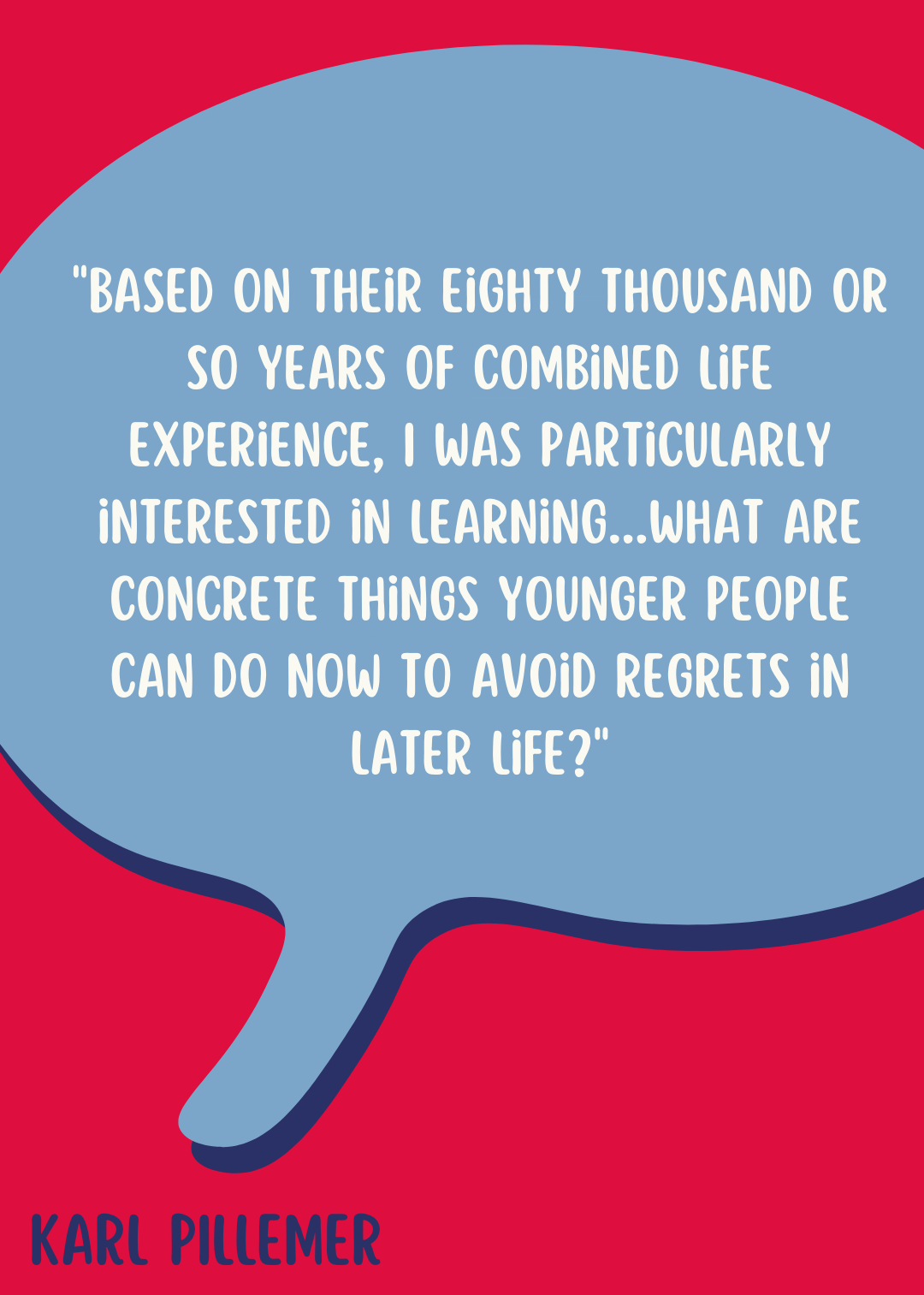What I realized about work while writing a eulogy
The real key to being satisfied with your career

If you’re a regular reader of Things Your Mom Should Have Told You, you know that I took a break from publishing this newsletter for a while as I recovered from the death of my mom. Though my words haven’t landed in your inbox lately, it doesn’t mean I haven’t been thinking about things to tell you. Even the life experiences we don’t welcome yield insights and hopefully wisdom.
When my Mom died in June, two of the tasks that fell to me were writing her obituary and her eulogy.
As you might imagine, these were somewhat daunting writing assignments. A eulogy is like the last portrait we paint of a loved one for others to admire, and an obituary may be the only description future descendants will ever read about my mom (no pressure haha).
Outlining the basic chronological details and sketching the highlights of Mom’s personal life was relatively easy. Recalling and celebrating her personality traits and the little quirks she was known for was kind of fun.
But it was trickier to write the occupational portion. What my mom devoted 40 hours of her life to every week was obviously worth speaking about. Read any obituary or listen to any eulogy–what someone did for a living is always an essential part. But I had never before considered what my mom would choose to spotlight about her work life.
Writing her obituary and eulogy forced me to ponder the question everyone faces sooner or later: What about someone’s work life ends up being significant?
When you’re just starting your career–and frankly, even when you’re further along–it’s common to wonder whether your work will ever add up to something meaningful. Sometimes it’s easier to see the big picture when you can see how a whole life unfolded. So I thought I’d share what I discovered as I sifted through and considered my mom’s work story.

My mom was born into a working-class family in 1941. Since she was a straight-A student and graduated in the Top Ten of her high school class, she would have been an extremely qualified college student. But in that era, women, and even men, were less likely to attend college. My grandmother, in particular, did not believe college was necessary (no doubt she thought she had done my mom a solid by letting her finish high school, unlike her mother, who had made her quit school to go to work as soon as she turned 14).
So my mom found a job as a secretary and signed up for some night-school courses at a local college. Unfortunately the lack of parental encouragement, as well as a serial killer who was accosting young women at bus stops near the college my mom attended, took their toll on my mom’s resolve. She soon gave up on getting her college degree.
Mom worked as a secretary for 7 years until she was forced to “retire” from her job once she could no longer hide the fact that she was pregnant with me. (Yes, that’s right–until Congress passed the Pregnancy Discrimination Act in 1978, it was legal for employers to dismiss an employee due to pregnancy. It was just a fact of life in the 1960s.)
Like many mothers of her time, my mom stopped working while she had young kids (my brother arrived in 1970). Though you could see where Mom might have been a little bitter about not having had the chance to live up to her potential, Mom attended to the duties of motherhood for the next 10 years as if raising her kids was the most significant job she would ever have.
I don’t want to paint a picture of her days as a stay-at-home mom as all sunshine and rainbows. In fact, I would wager that my mom’s duties often made for a more demanding and/or duller day’s work than what my dad endured in the workplace. Nonetheless, Mom made the best of it.
By the time my brother trotted off to first grade, my mom was happy to get back to the working world. She started part-time at first, working as a temp until she landed a secretarial position with W.A. Gregory & Company, a small family-owned firm.
Though it wasn’t commonplace then, Mom pioneered a job-sharing arrangement with her best friend Anne, who was also looking for part-time work. Mom worked Mondays and Tuesdays, and Anne worked Wednesdays and Thursdays. They’d both overlap in the office on Fridays.
It was a beautiful arrangement for the employer and the employees–what could be better than job partners who already got along swimmingly? Plus imagine if you got to spend one workday every week with your best friend at the next desk.
Though I’m sure my mom would have easily qualified for a full-time role at a larger company, she was content job-sharing with her friend. She derived satisfaction from teamwork and a job well done while earning money that helped build up our family’s bank account. Yet her work hours allowed enough time to attend to her family responsibilities, so she didn’t feel overwhelmed.

Once my brother hit high school, Mom decided she was ready for full-time employment again. She landed a secretarial job with a pharmaceutical data firm then known as IMS. Swimming in a bigger corporate fish pond came with better money and benefits. I remember how Mom’s dinner-table tales often contrasted how the ‘80s corporate environment was way different than what she’d encountered in the ‘60s. Though you could tell it made her a little uneasy at first, it wasn’t long before Mom was relishing learning the ropes at her new job.
After a few years at IMS, the industry experience helped Mom land a position as an executive assistant with her dream employer, the pharmaceutical giant Merck, whose headquarters happened to be right around the corner from home.
Mom was playing in the big leagues now. I lived at home then, so I regularly heard firsthand accounts about navigating the waters of Big Pharma. The business of discovering and marketing blockbuster drugs attracted ambitious people and came with a generous helping of corporate politics.
Swimming into a role in a giant corporation that could sometimes feel like a shark tank would have intimidated anybody, even if they had arrived armed with a college degree. Not everyone would have been willing to dive into those waters for the first time at 48. But Mom took that entry-level position and just kept swimming, confident that her capabilities and resolve to always do her best work would carry her forward.
Though my mom never held a job with a lofty title, she could point to a record of steady job progression during her 22 years at Merck by the time she retired. In her favorite role as a regional office administrator, her organizational skills were put to great use when she was in charge of arranging national sales meetings.
Most people don’t know what their parents’ day-to-day life is like on the job. But when I solicited memories of my parents for a book I put together in honor of their 50th wedding anniversary, my mom’s best buddy at Merck, Rose, filled in some of the details about Mom’s work life.
I had known my mom helped coordinate blood drives at the office. But thanks to Rose, I learned that my mom also derived much joy from orchestrating an annual adopt-a-family project for her department at Christmastime.
I also discovered that Mom found a way to bring some of the joy she and my dad derived from all the cruises they went on into the workplace. According to Rose, my mom compared the long aisle of cubicles in their office building to a cruise ship. Building on that analogy, Mom became a “cruise director” who would organize afternoon teas with a theme for her coworkers.
Clearly Mom wasn’t just logging her required hours at work–she was doing her best to make the workday meaningful and enjoyable for herself and her colleagues.

If you chart my mom’s career trajectory against her aptitude, some might conclude that she didn’t live up to her potential. Much of it wasn’t her own doing; it was simply the circumstance of being born a little too early to benefit from equal opportunity in the workplace. Her friend Rose often told my mom that she would have been a VP at Merck if she had been born 20 years later.
I used to think that hearing Rose’s assessment must have made my mom sad. After all, Mom was the one who had strongly encouraged me to live up to my potential, egging me on to college and grad school and then proudly standing by as I traveled the world for my job with the international division of a large pharma company.
And yet I doubt that my mom had many regrets about how her career turned out. If asked to rate her career satisfaction, I imagine Mom would have given it high marks. She seems to have lived the best possible version of her work life. I wonder whether my mom would have been any happier with a college degree and a high-powered job.
As you can see, I had more than enough material to create a fitting eulogy for my mom (in fact, the challenge was figuring out what I could say in 10 minutes or less). The eulogy assignment was fruitful in another sense because it got me thinking about the real significance of what someone does for a living.
We live in a time when we’ve been led to believe that identifying our ideal career–the one that the Goldilocks in us would deem “just right”–is critical to our overall happiness and general satisfaction with life. There’s a temptation to believe that if we don’t figure it out, career nirvana will be elusive, and we will somehow fail at life.
Maybe the problem is that we get too hung up on finding the “right” answer. Perhaps we would all be better off if we identified the best job opportunity that feels like a decent fit for us right now and contented ourselves with making the best of it until we come across another one that suits us better.
My mom put so much emphasis on me living up to my potential that I long believed that discovering my ideal occupation and maximizing my career potential would be the key to having a satisfying work life. (And tbh it wasn’t just Mom–lots of voices were encouraging young women to be all they could be in the 80s.)
And yet now, as I look back on my mom’s life, it seems she demonstrated that the key to job satisfaction is something else.
Satisfaction in your work life doesn’t necessarily come from discovering your ultimate career match or attaining career heights.
Rather, satisfaction with your work may be more likely to come from blooming where you are planted–whatever your occupation, job title, or pay grade. As Mom demonstrated, executing your duties to the best of your ability and doing so in a way that brings joy to you and, ideally, to your co-workers too, results in great satisfaction.
From what I have seen, all that striving in the workplace and all those efforts to achieve often fail to live up to anyone’s great expectations. Perhaps that’s because, as my mom’s story shows, the real key to career satisfaction lies in choosing the right attitude about how you do your work, whatever it is.

Sociologist Karl Pillemer wondered, “Could we look at the oldest Americans as experts on how to live our lives? And could we tap that wisdom to help us make the most of our lifetimes?” He asked over a thousand older Americans to reflect on the right moves and the mistakes they made. His book 30 Lessons for Living provides concrete, practical advice about how to make the most of your life on everything from marriage to careers to money.
In the olden days, moms used to clip newspaper articles for their kids if they thought it was something they needed to know. I’m watching for things you might have missed that may be helpful to you.
This week’s clips:
The Editors of America Magazine offer food for thought as we enter the home stretch of the presidential election: “Americans of every political stripe should acknowledge that those who think and vote differently are not necessarily motivated solely by the rhetoric and policy goals that we most fear, whether on the left or the right.”
During social interactions with new people, we often worry about what they think of us. In this episode of the Hidden Brain podcast, psychologist Erica Boothby explains how and why we underestimate how much other people actually like us.
Want to save more money? Listen to this Life Kit episode (or read the transcript) in which Yanely Espinal, the director of educational outreach at Next Gen Personal Finance, outlines 5 common financial mistakes you should avoid.







